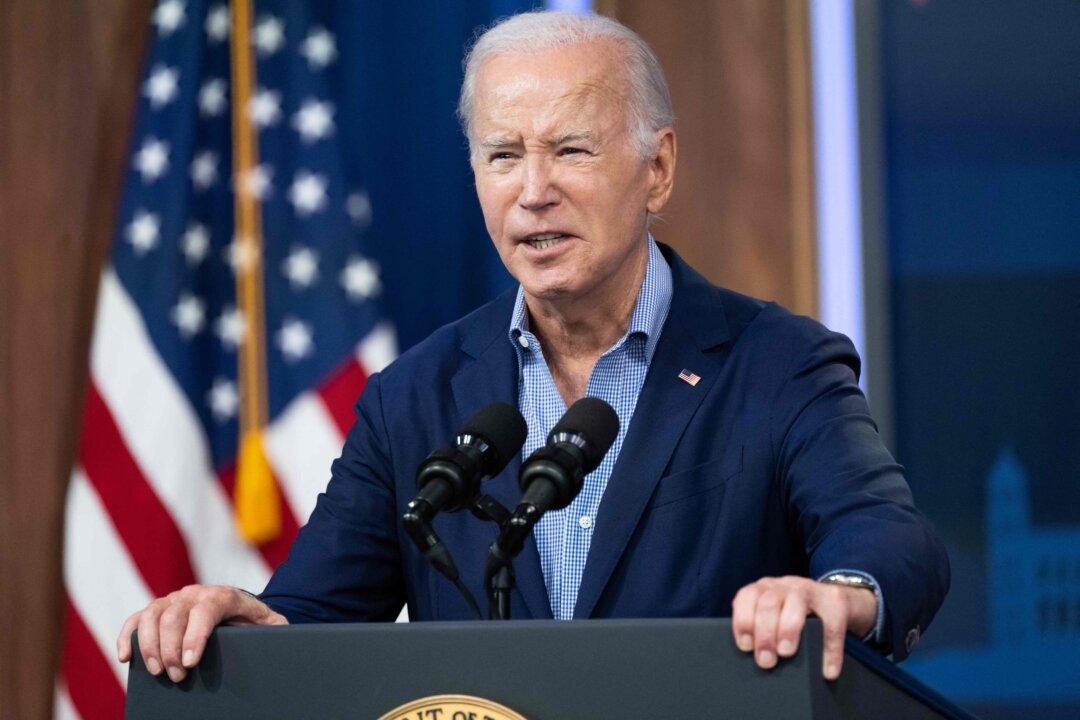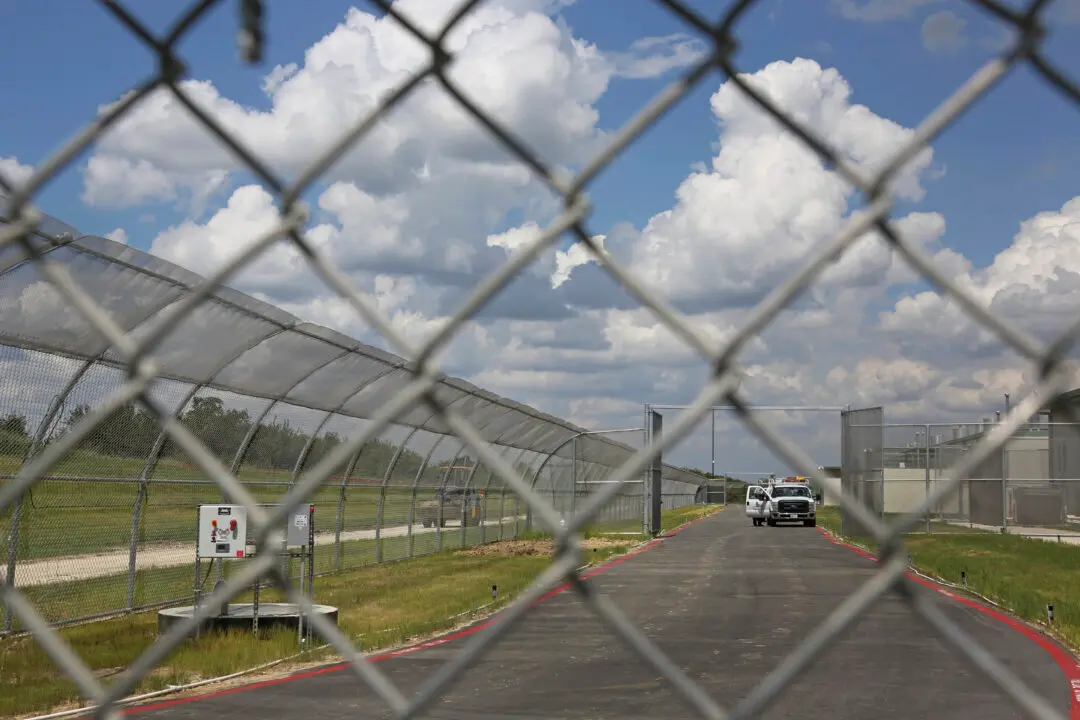U.S. President Joe Biden talked with Israeli Prime Minister Benjamin Netanyahu on a wide range of issues—just days before Mr. Biden meets with Israeli President Isaac Herzog.
Mr. Biden “underscored his iron-clad, unwavering commitment to Israel’s security and condemned recent acts of terror against Israeli citizens,” according to a readout by the White House on July 17.





